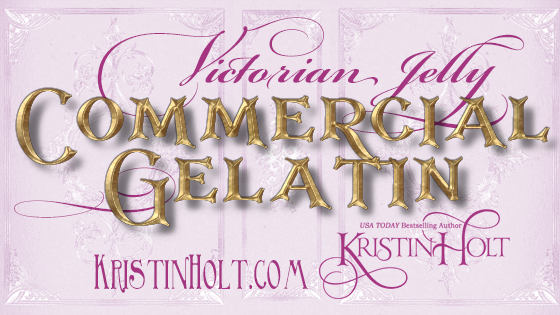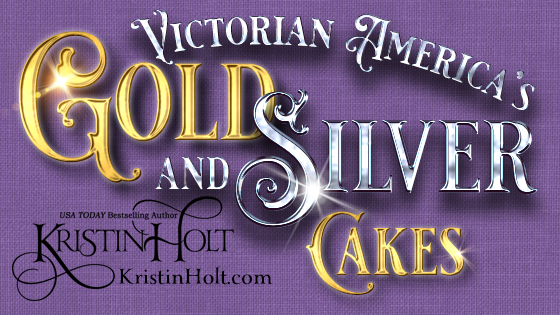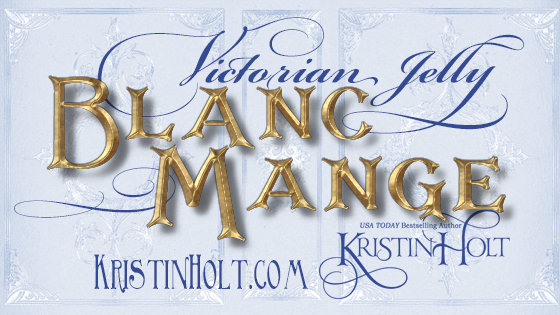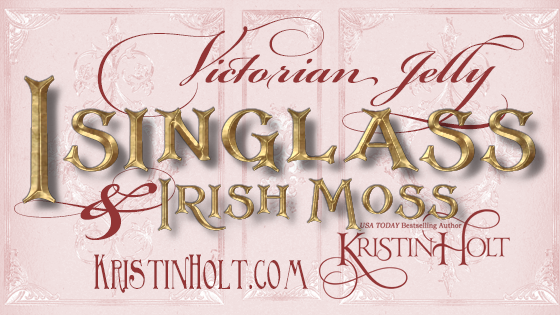
by Kristin Holt | May 28, 2022 | Articles
Credit goes to a Victorian-era inventor for out-of-a-box gelatin. What an amazing labor-saving invention! Until now, wives and daughters everywhere had been making gelatin out of pigs feet and a good deal of elbow grease.
How did nineteenth century scientists manage to capture the essence of gelatin and put it in a box? And how much did it cost?

by Kristin Holt | May 12, 2021 | Articles
Victorian America mined for gold and silver–and named two types of cakes after the precious metals. These two popular cake recipes appeared in multiple nineteenth-century cook books and newspapers.

by Kristin Holt | Apr 23, 2021 | Articles
Blanc Mange (blancmange) was a favorite throughout the nineteenth century, in the UK and in the States. Victorians thickened this favorite gelled dessert with a wide variety of articles, old and new. Vintage recipes gathered from era cook books and newspapers, along with newspaper advertisements, show the wide range of blanc manges in Victorian dining.

by Kristin Holt | Apr 12, 2021 | Articles
Victorian Jellies were all the rage throughout nineteenth-century America and Victoria’s British Isles.
Through mid-century, cooks relied on various gelling agents to set up their moulded creations. Two of those articles from the sea–isinglass and Irish moss–are illustrated by means of Victorian-era recipe books and newspaper advertisements.

by Kristin Holt | Apr 9, 2021 | Articles
Victorian-era jellies were thickened with a variety of articles–including ivory dust.
Yes, the dust created from carving and shaping ivory into things like knife handles.
Victorian-era U.S. publications tell the story.













